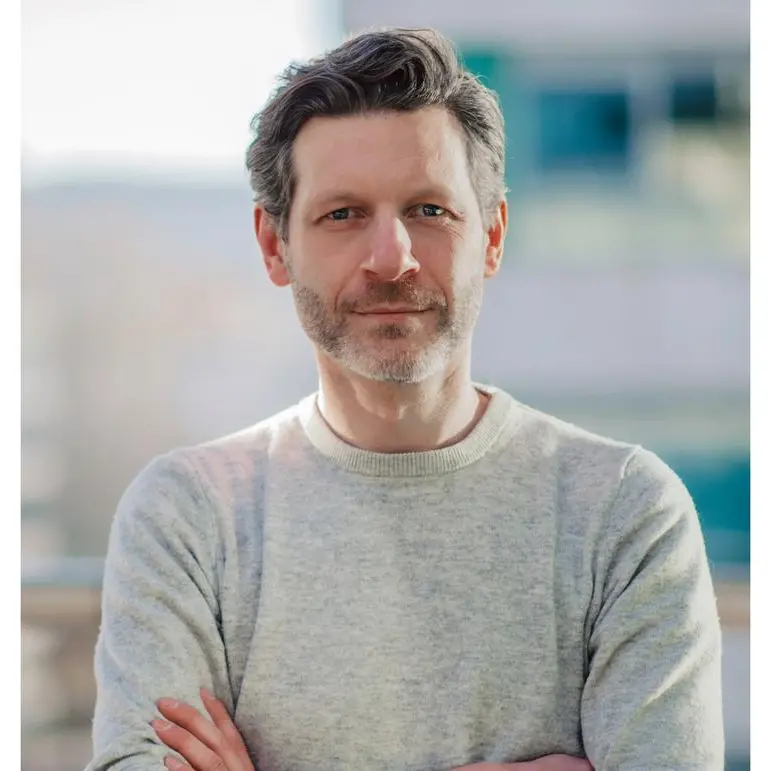PHOTO
At the Dii Partner Meeting in Paris in June, Dii’s Director of Research, Chiara Aruffo, presented the key takeaways of the latest study - A Green Revolution: A Socio-Economic Perspective on Renewables and Hydrogen in the MENA Region.
Since 2009 the industry network, Dii Desert Energy, together with public and private stakeholders, has been paving the way for a fast energy transition in MENA. This transition involves a transformation of the regional energy system to not only become carbon emission-free on an economic basis but also improve energy security.
The MENA region, despite its current heavy reliance on fossil fuels, has been a relatively late and slow starter in the energy transition. However, it has the best cards to become the world’s largest and most economic ‘clean energy powerhouse’, thanks to its superior solar and wind resources and abundant space. The region already hosts renewable energy projects at record low cost. Government strategies, targets, support and plans are now commonplace throughout the MENA region, albeit with different intensity and with different socioeconomic impacts.
How will this benefit the people and the natural environment?
Dii’s first study on the Economic Impact of Desert Power in 2013 marked the beginning of their journey to understanding the socio-economic implications of renewable energy in the MENA region.
A decade later, Dii asked their partners again how they judge socio-economic benefits. They agree that the green power markets have been evolving well and that the first tangible hydrogen projects are emerging. However, expected socio-economic benefits such as those deriving from localisation have not fully materialized.
The study critically reviews the socioeconomic advancements of the energy transition in the MENA region, including: In Country Value and localization, Local value vs Export, Technology transfer and Capacity building.
Furthermore, it offers perspectives for the future, outlining potential trajectories and opportunities in the evolving energy landscape.
This study highlights the significant socioeconomic advancements in the MENA region over the past decade, with a focus on the transition to renewable energy and economic diversification.
Some of key findings include:
- The shift from (often still subsidised) fossil energy supply towards unsubsidised renewable energy (including initially subsidised hydrogen), is expected to enhance energy security, lowering cost of supply and facilitating access to energy. In addition, this transition opens up new avenues for local manufacturing, attracting (energy intensive) industries and therefore creating local employment opportunities.
- The energy transition in the region is not strictly about ‘local only’ or ‘predominantly export’. Instead, it is about achieving a balance in clean(er) supply and demand, including attracting energy intensive industries, within the region and eventually in the global energy market context for the benefit of the stakeholders involved.
- The Middle East has the potential to boost local industries using hydrogen and related guarantees of origin, carbon credits, or carbon content factors such as the EU’s Carbon Border Adjustment Mechanism (CBAM). These related ‘virtual elements’ will offer additional value to the region.
- The region is generally in deficit of local technology expertise, education and training facilities for building human capacity. Therefore, intensified technology transfer and cooperation for capacity building are crucial for the successful deployment and sustainability of clean energy solutions.
Read the study and see the full list of key findings at https://dii-desertenergy.org/publications/.
-Ends-
About Dii Desert Energy
Dii Desert Energy is an independent, international, industry network operating from Dubai. With its footprint in MENA, it is connecting people, countries and clean energy markets globally, paving the way for “net zero emission”, secure and affordable energy from the deserts. Dii’s platform of more than 120 companies and organizations from over 35 countries is mobilizing top executives, government decision makers, R&D institutions and academia.
Contact
For more information on the Study and Dii publications, contact:
Chiara Aruffo. PhD, Director of Research, Dii Desert Energy, chiara@dii-desertenergy.org
For general enquiries and distribution requirements, contact:
Sarah Murray, Marketing Specialist, Dii Desert Energy, sarah@dii-desertenergy.org



















